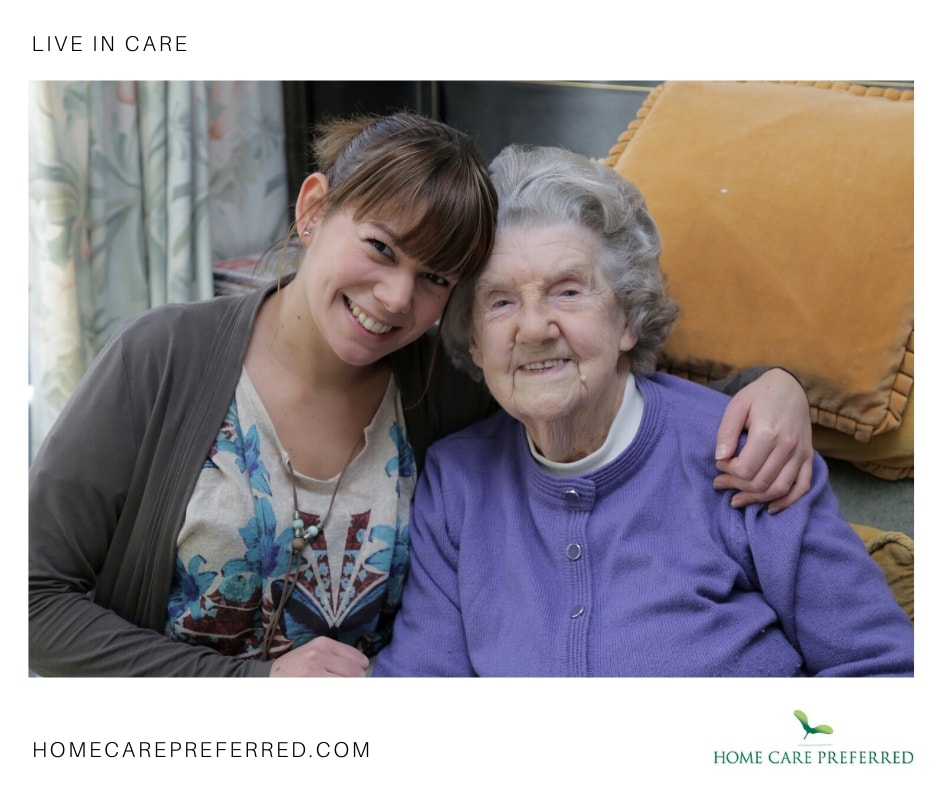
If you have an ageing parent and you feel the time has come to decide what sort of help to get them, you may be looking at the two most popular options: moving them to a nursing home and acquiring home care service. Normally, when it comes to the two of these, people have a hard time picking, because they are not familiar with the two services.
There are notable differences between moving an ageing person to a nursing home and getting home care for them. Let’s see some of them.
- Moving out of home and staying – to get care in a nursing home, an ageing person needs to move to one. This means leaving their home and moving to the place. It is a stressful experience, which often makes ageing people and their loved ones feel quite insecure about the decision. After all, everyone grows quite used to their home and doesn’t want to leave it, especially at old age. Home care services enable ageing individuals to remain in their own home and provides the care service there. This is perhaps the number one reason people opt for home care, instead of moving their loved ones to a nursing home.
- More personalised service – a nursing home has set standards for what the service there is, and there is little in the way of it being tailor-made to fit a single person. Instead, a home care service is all about the personal attitude and plans Since home care involves sending a professional to the client’s home, it can be tailored to include medical proficiency or even step on the side of housekeeping. Home care enables a more personal relationship with the caregiver.
- Help with chores – it is no secret that ageing individuals have a tough time handling chores. Things like cleaning, cooking, shopping and toileting become near impossible. Moving them to a nursery home eliminates the need to worry about such things since the staff there has it all taken care of. With home care, on the other hand, a professional caregiver can assist the person with such tasks, or even manage them on their own.
- Independence – let’s face it – nursing homes strip people of their independence. They live with others, need to follow the rules of the place, all in the name of security and wellbeing of the people there. Home care is all about maintaining high levels of independence. Since the person doesn’t have to leave their home, they can continue doing the activities that they love, within the comfort of their familiar surroundings. That is a major plus to getting home care instead of moving them to a nursing home.
- Friends and relatives visits – another thing to remember about a nursing home is that they usually have some strict schedule for visits. What this means is that people cannot just come and visit their ageing parents and relatives as they please. With home care, that is not a problem. They can come at any time since the senior person doesn’t leave home.
- Pets – if the ageing person has pets, they need to ensure someone else can take care of them when they move to a nursing home. With home care, pets can continue being part of their life, with the added benefit of help from the home care provider.
There are a few major differences that everyone should consider in regards to moving their ageing parents and loved ones to a nursing home and getting home care service. It is important to consider them, to get the best care for the person.

 Log in with Facebook
Log in with Facebook 






